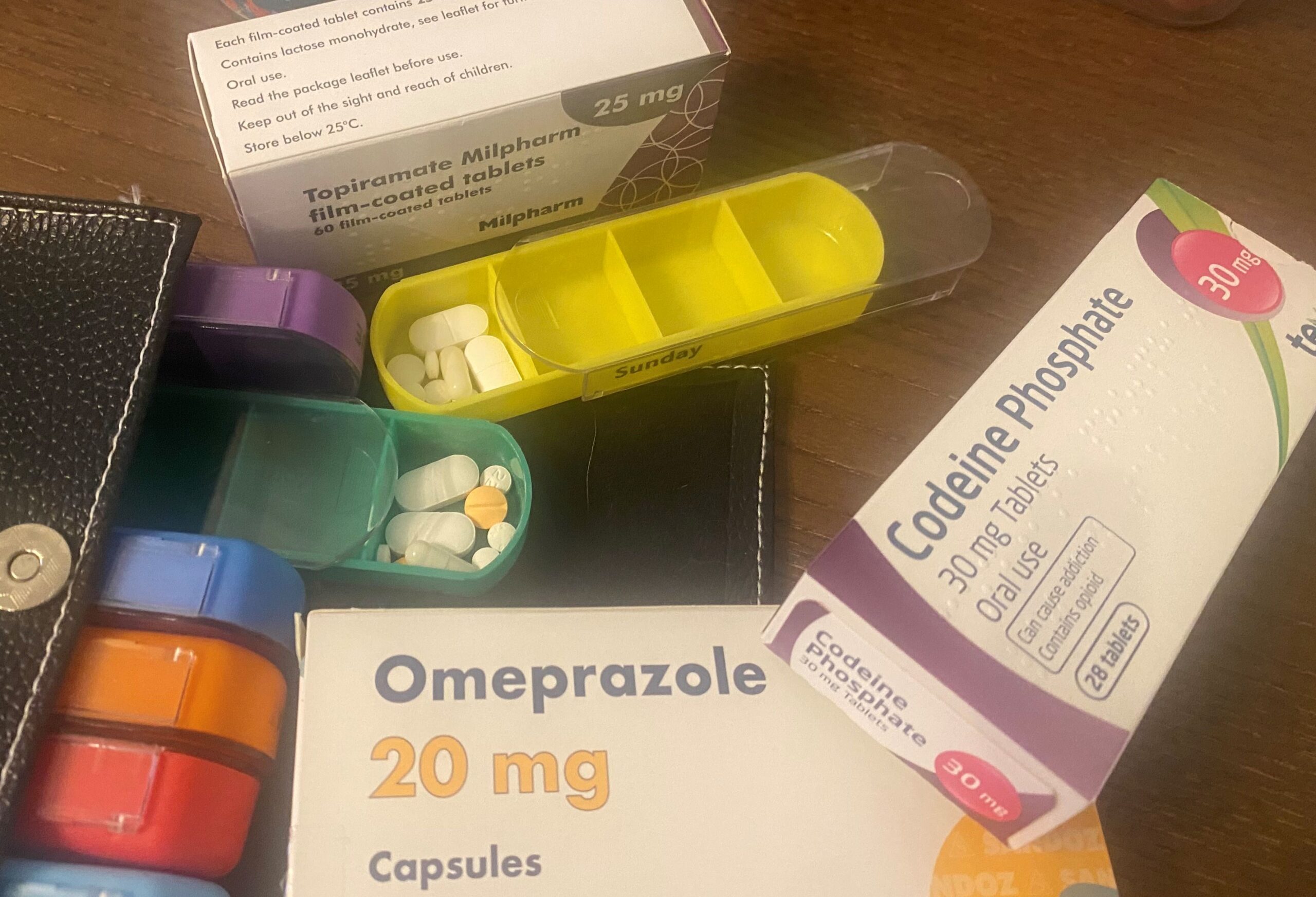
The little known nocebo effect—what harm can it do?!
As someone who’s known long term mental illness, I’m well aware that the brain is an incredibly powerful tool. My mind has taken me to some very dark places but I’ve had to use the one thing that made me ill to recover my health and I’ve learnt that my mind can control my body in extraordinary ways!
Many people will know that to see how effective a medication (or even a vaccine!) is, we need to test it is against a placebo drug, often sugar pills or saline solution in order to see if the “real” drug is more effective than nothing. If the people receiving the dummy pills or solution have a similar positive effect as the drug being tested, there’s some other effect happening. The placebo effect is the patients belief in the treatment.
The nocebo effect, from the Latin “to harm” occurs when the patient’s negative expectations lead to a negative side effect.

Statins are a drug used to control cholesterol levels in people at risk of cardiac disease or stroke. So people may be on them for years. A common side effect can be severe muscle aches or even cramps. This side effects can be so debilitating that it leads to patients needing to take a break from their medication. A trial published in the New England Journal of Medicine showed it didn’t matter whether patients were taking statins or placebo, their experience of side effects was very similar. They experienced the nocebo effect of muscle pain and cramps.
So are the muscle pains and cramps imagined?! Are the patients making the symptoms up?! No, this is not what the trial shows. The trial shows that if side effect is expected, the mind and the body can work together to produce side effects, even if the medication itself doesn’t cause the effect.
Educating statin patients about the nocebo effect can support the patients to remain on the medication. If they discover that the medication itself isn’t causing the pain, they can remain on the life saving statin and manage the pain in a different way.
Known side effects of psychiatric medications include an increase in psychiatric symptoms. A patient who’s already feeling depressed, anxious, struggling with low self esteem or thoughts of self harm could be prescribed a medication designed to help them feel better and a side effect may be suicidality. Educating mental health patients about the nocebo effect could be key to decreasing side effects. Simply being told that suicidality is a side effect may lead to the patient experiencing the side effect. However, if you’re also educated about the idea that expecting the side effect may lead to you experiencing it, could mean that you therefore don’t experience it.
I’m frequently dismayed at how may chemicals I have to put into my body to manage my chronic illnesses but if I didn’t taken so many medications, my body simply wouldn’t function; not only would my mind struggle to interpret the world but my metabolism wouldn’t work, I couldn’t digest food and my joints would seize up! I’m fortunate that I don’t tend to get too many side effects, except when I was trying out some pain medications (check out this blog). But no doctor has ever spoken to me about the nocebo effect when prescribing me any of the many, many medications I’ve been advised to take over the years.
How would you feel if, when you were prescribed some medication, the doctor said “I’m going to prescribe you x, you might feel nauseas on them, however, there’s something called the nocebo effect that means, if you expect to feel nauseas, you’re more likely to feel nauseas”?
Chronic illness is hard enough without all the medications we need to take, along with the side effects, but a little bit of education about the nocebo effect can help us be a little more in control!




